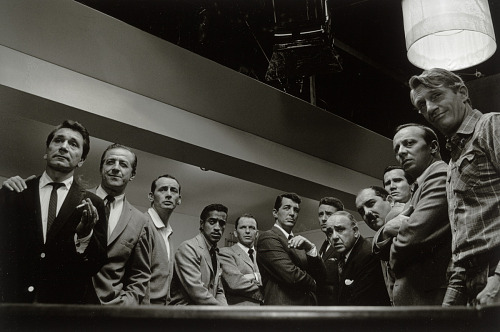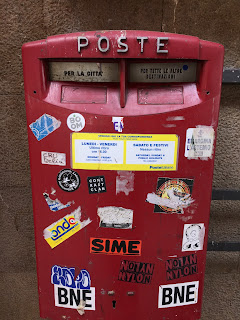 |
| Metropolitan Museum of Art |
In Al-Anon, the organization serving families of alcoholics and addicts, one of the first messages they impart to desperate wives and husbands, parents and children, is to step away from the drama of their loved ones thrashing about in recovery.
You can’t fix them. You might not even be able to help. The afflicted have to figure it out for themselves. Or not. For the time being, rather than argue and grapple with their lies and ego and excuses, just turn away. Attend to yourself.
Approaching the eighth year of all Donald J. Trump, all the time, first as presidential candidate, then president, defeated ex-president, and now, full circle, presidential candidate once again, leading the Republican pack for 2024, I’ve finally reached that step-back part. I can’t fix him. Can’t make him go away. There hasn’t been anything to write about him. Readers don’t need guidance: they either figured out Donald Trump long ago, or never will.
There’s really nothing new to say. Being an expect-the-worst kind of guy, I simply assume Trump will win in 2024 against a senescent Joe Biden. Of course he will. The whole thing will begin again, the lies and bombast, grievance and cruelty, will roll over the country like a tsunami. Worse this time, because the shock has become blunted, and helpers have stepped up and are ready, with a Supreme Court, a third of whom he picked himself, ready to sing “Amen” to his every overstep. Abroad, tyrants like Vladimir Putin and Benjamin Netanyahu will be comforted by the success of a kindred spirit, and at home the people who live for this kind of thing will ululate like true believers, clap like seals, salaam in adoration, and the whole madhouse will thunder on for another four years.
I don’t see how any of that changes because Trump now faces criminal charges in Manhattan for his botched attempt to cover-up his copulation — “affair” seems too elevated a term — with porn actress Stormy Daniels. The $130,000 Trump funneled to Daniels through fixer Michael Cohen, days before the 2016 election. Caring about the law, about morality, or even about the outcome of any given election, has become a partisan divide.
To continue reading, click here.









